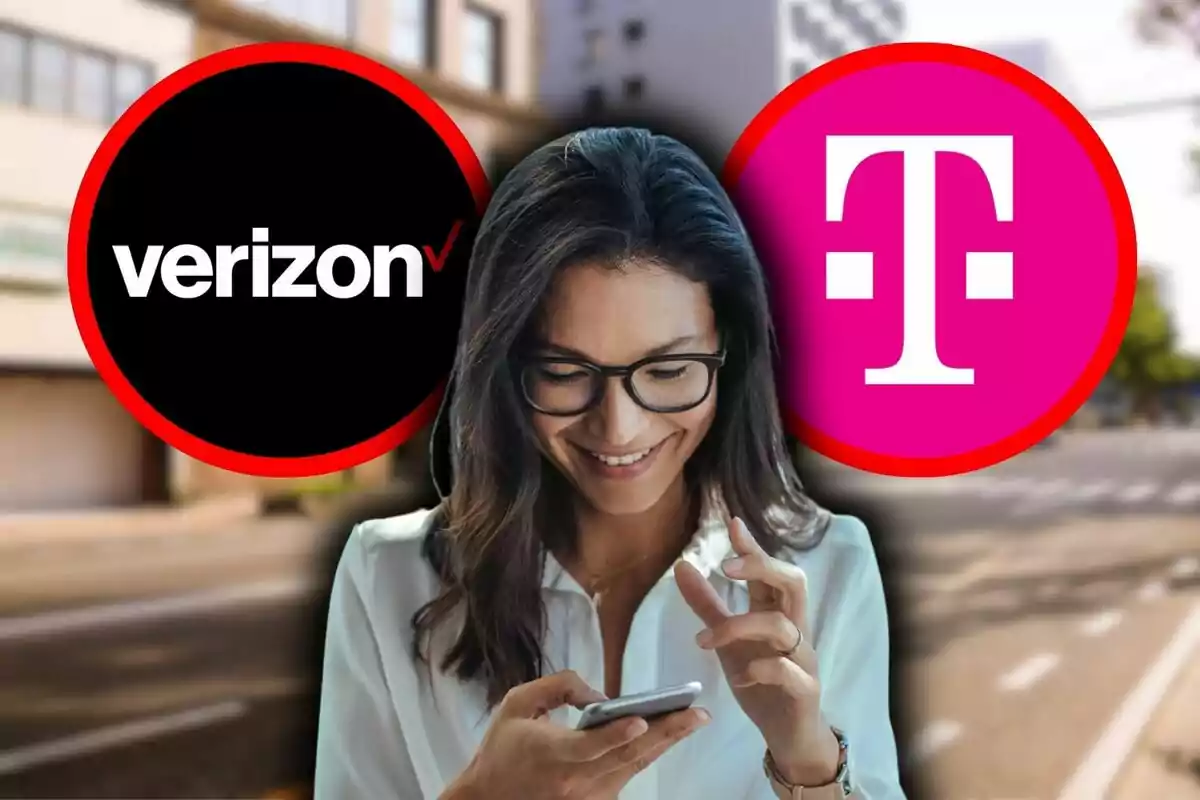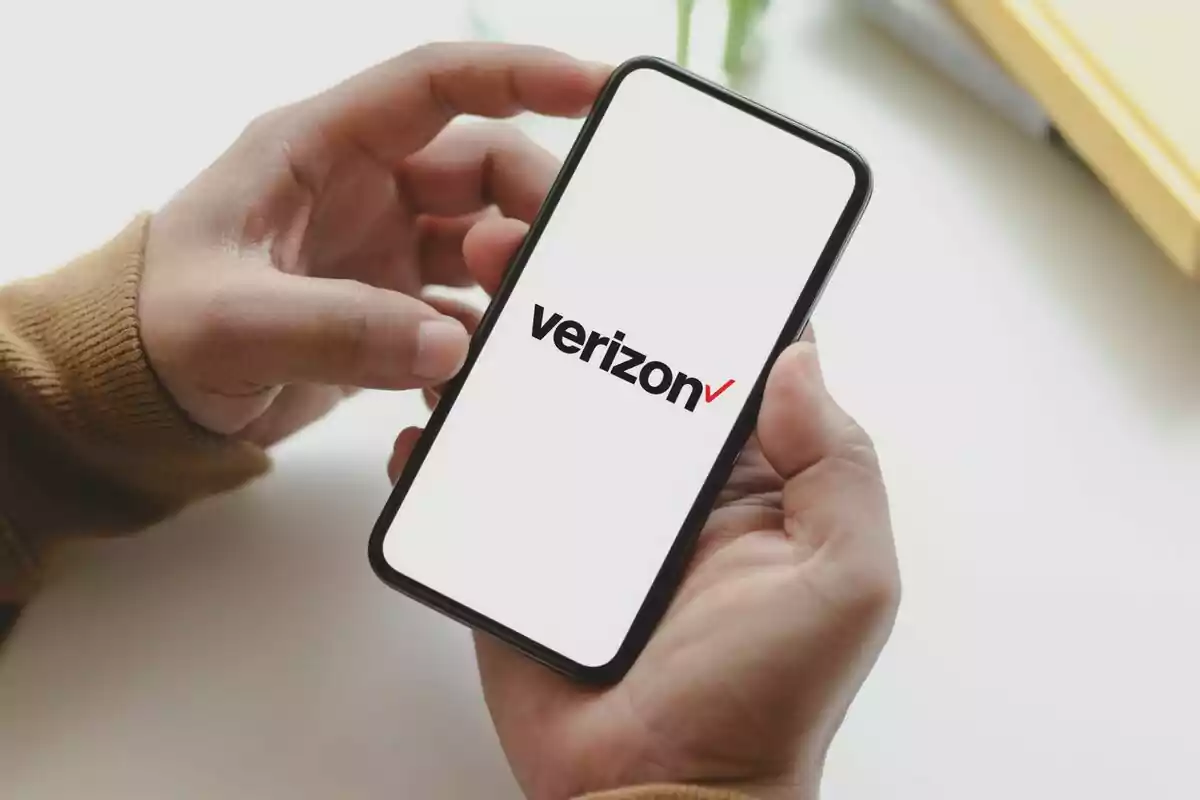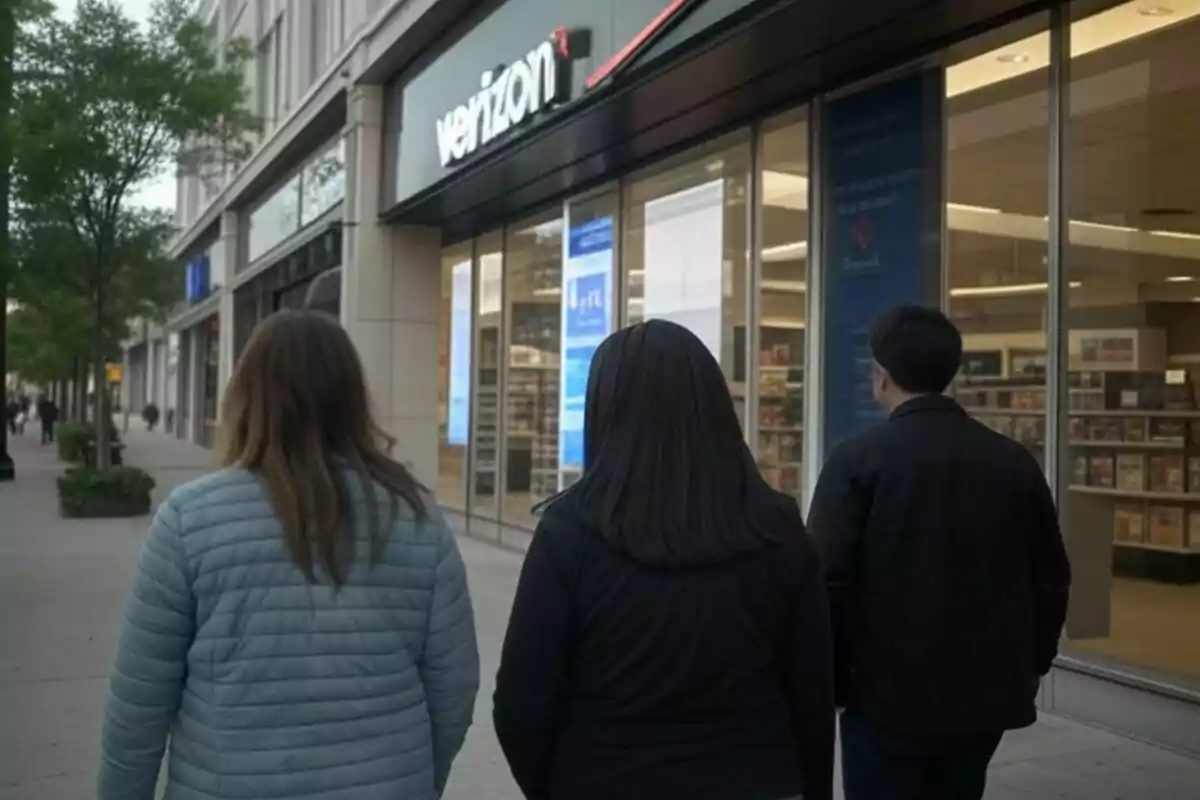
Change of plans at Verizon: they're taking the step after T-Mobile did, and customers are freaking out.
Verizon decides to incorporate a system that its competitors were already using and that was highly demanded by users
Many phone users in the United States are used to receiving calls from unknown numbers without knowing whether they should answer or not. Amid so much spam, phone scams, and robocalls, making that decision can be a hassle or even a risk. Now, Verizon has decided to implement a solution that promises to improve the consumer experience.
However, there is an important detail: T-Mobile already did this years ago. The new feature announced by Verizon is the incorporation of a system known as branded caller ID. This system will allow users to clearly see the name of the company making the call, its logo, and even the reason for the contact before answering.
Without a doubt, this is a relevant step to improve trust and transparency in communication between companies and customers. Nevertheless, the measure comes with some delay compared to its direct competitor.

Verizon is somewhat behind
T-Mobile, one of the major carriers in the country, incorporated an almost identical tool in 2022. This allowed them to get ahead in this race to offer safer and clearer calls. They even partnered with the same industry organization, CTIA, to ensure that all the information displayed on the screen is verified and legitimate.
Verizon's system, although promising, doesn't present significant differences compared to T-Mobile's. In fact, both companies have chosen not to launch additional apps, but instead enable the service directly on the network. This makes it easier to use without the customer having to download anything.
This direct integration is an advantage. Many users ignore third-party apps like Truecaller, which offer similar features but require permissions and setup.
With this feature, when an authorized business calls a Verizon customer, the business name and phone number will be displayed automatically. The company's logo may also appear if available. All this content will be validated by authorized partners, which strengthens security and minimizes the risks of impersonation or scams.

Verizon's response comes late
Even so, Verizon's announcement makes it clear that this improvement is not as revolutionary as it seems. T-Mobile and even AT&T have already been offering similar solutions for some time to help consumers filter legitimate calls from fraud attempts.
Verizon's move is positive, but its delay may cost it credibility among users who pay closer attention to the evolution of these services. While T-Mobile positioned itself as a pioneer in this field more than two years ago, Verizon now seems to be following in its footsteps, trying to regain ground.
More posts: